Research Area: Animal Hosts
-

Ana Bento
Dr. Bento’s transdisciplinary research leverages mathematical and computational modeling, machine learning, and data science to identify the eco-evolutionary, demographic, and environmental drivers of pathogen (re) emergence, persistence, and spread in humans and other animals. Her lab seeks to understand the dynamics of biological populations and epidemics, to[...] -
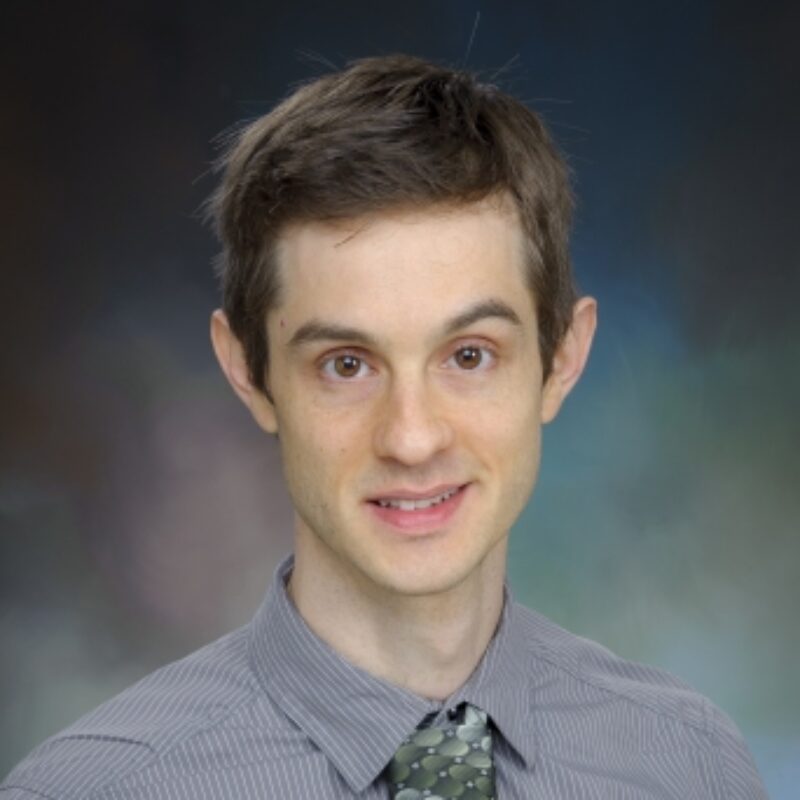
Rafael Kroon Campos
We study emerging arboviruses and other ssRNA+ viruses. We work on understanding the interactions between viruses and its hosts. Our research aims to improve our knowledge to ultimately promote global preparedness through proactive measures of prediction, surveillance, prevention, and treatment. Our lab focuses on emerging[...] -
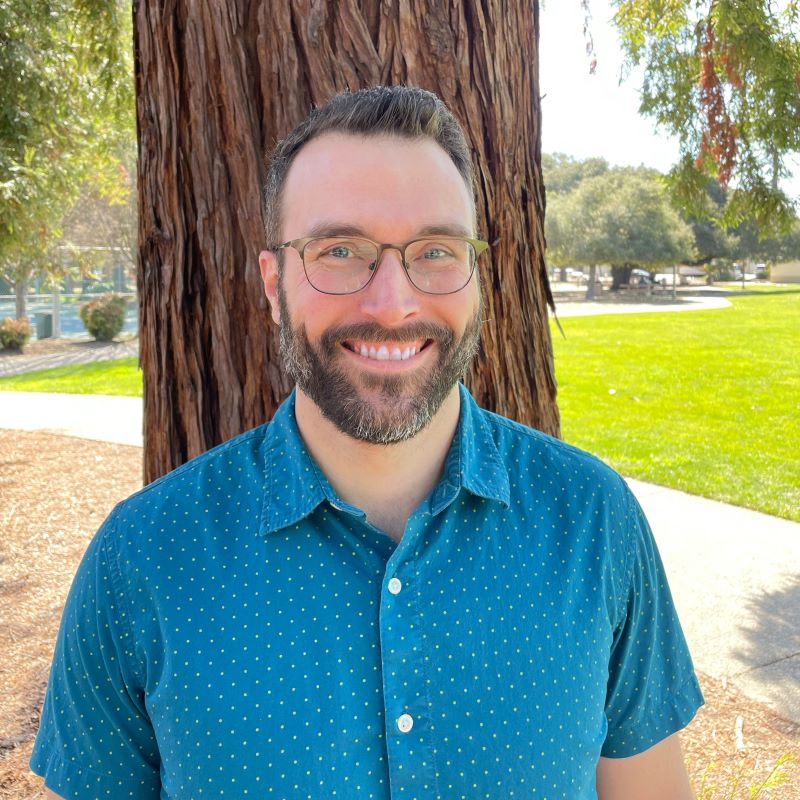
Lucas Nell
Lucas studies how populations and communities are shaped by interacting ecological and evolutionary dynamics that play out across space. Given the conceptual breadth of questions that interest him, Lucas uses a range of approaches (e.g., theory, experiments, population genomics) and systems (e.g., insect host–parasitoid, microbial[...] -

Xander Wilcox
Xander was born and raised in the Ithaca, NY area and completed his bachelors at Hobart and William Smith Colleges. He went on to earn his PhD in chemistry and chemical biology in the labs of Dr. Andrew Fisher and Dr. Peter Beal at the[...] -
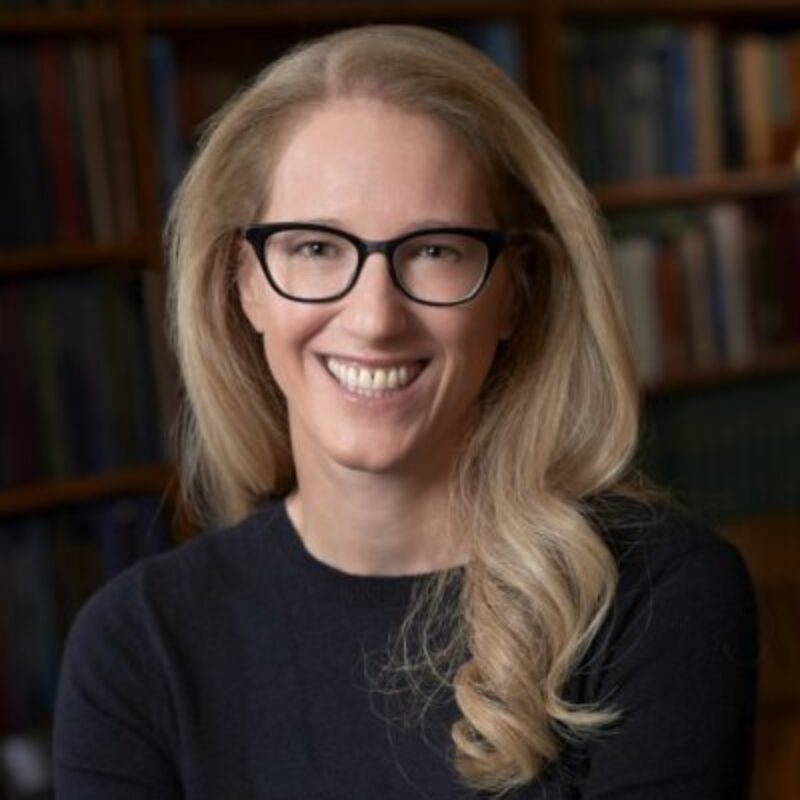
Raina Plowright
Our lab seeks to understand and prevent spillover of zoonotic pathogens from wildlife to other species. We develop the science of pandemic prevention through collaborative, transdisciplinary science. We work in the field, the lab, and in silico, all with a commitment to translate the science[...] -
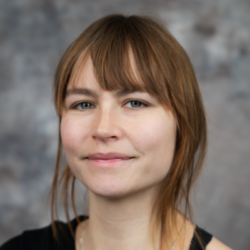
Amandine Gamble
I investigate what drives hosts’ contributing to pathogen dynamics across biological scales, from host-pathogen molecular interactions to host species interactions. To do so, I combine theoretical, observational, and experimental approaches, and consider various study systems in the lab and in the field, including emerging bat-borne[...] -

Anthony Hay
The Hay lab uses methods from microbial ecology, physiology, genomics, and genetics to understand how human activities affect microbes in diverse environmental settings. For instance, we study how handling of milk collection kits affects the microbiome of pumped human milk. Students will use genomics to[...] -
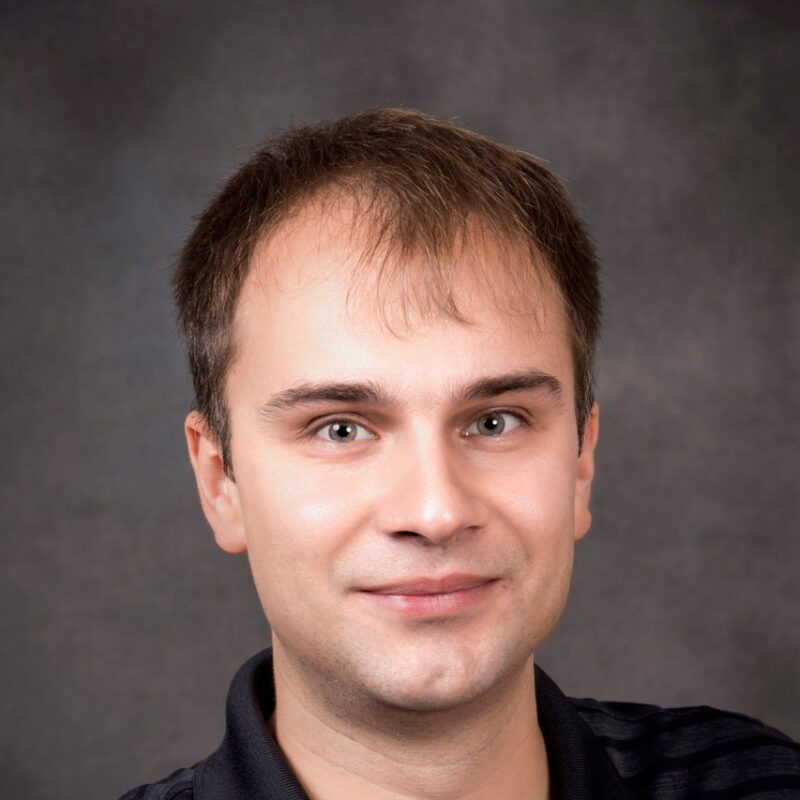
Andrew Flyak
The Flyak lab studies human antibody response to viral pathogens. We try to answer questions like, how do human antibodies neutralize rapidly mutating viruses? And, how can we design vaccines that mimic effective antibody responses seen in some individuals? In our lab, we isolate antibodies[...] -
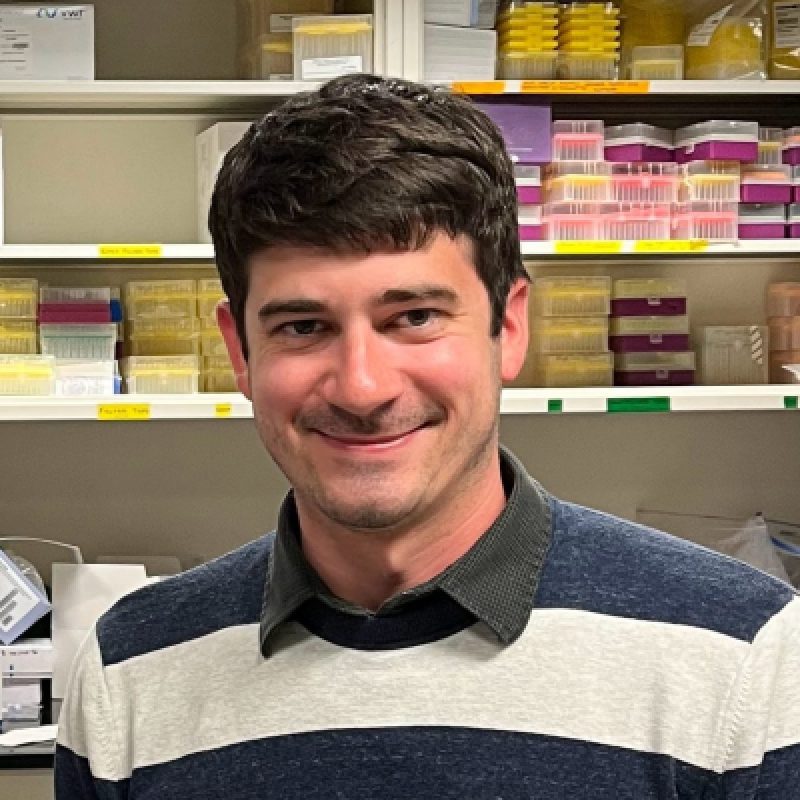
Scott Keith
Scott’s research investigates how endocrine signaling networks regulate animals’ physiological responses to pathogenic microbes. He uses the fruit fly Drosophila melanogaster as a genetically tractable model to investigate the mechanisms by which several key insect hormones and their cognate nuclear receptors both directly and indirectly[...] -

Sarah Caddy
We study positive and negative interactions between viruses and antibodies. We are particularly interested in maternal antibodies, which are transferred from mother to infant to protect against neonatal infections. However, these antibodies can also block the infant response to vaccines. Despite this phenomenon being identified[...]
